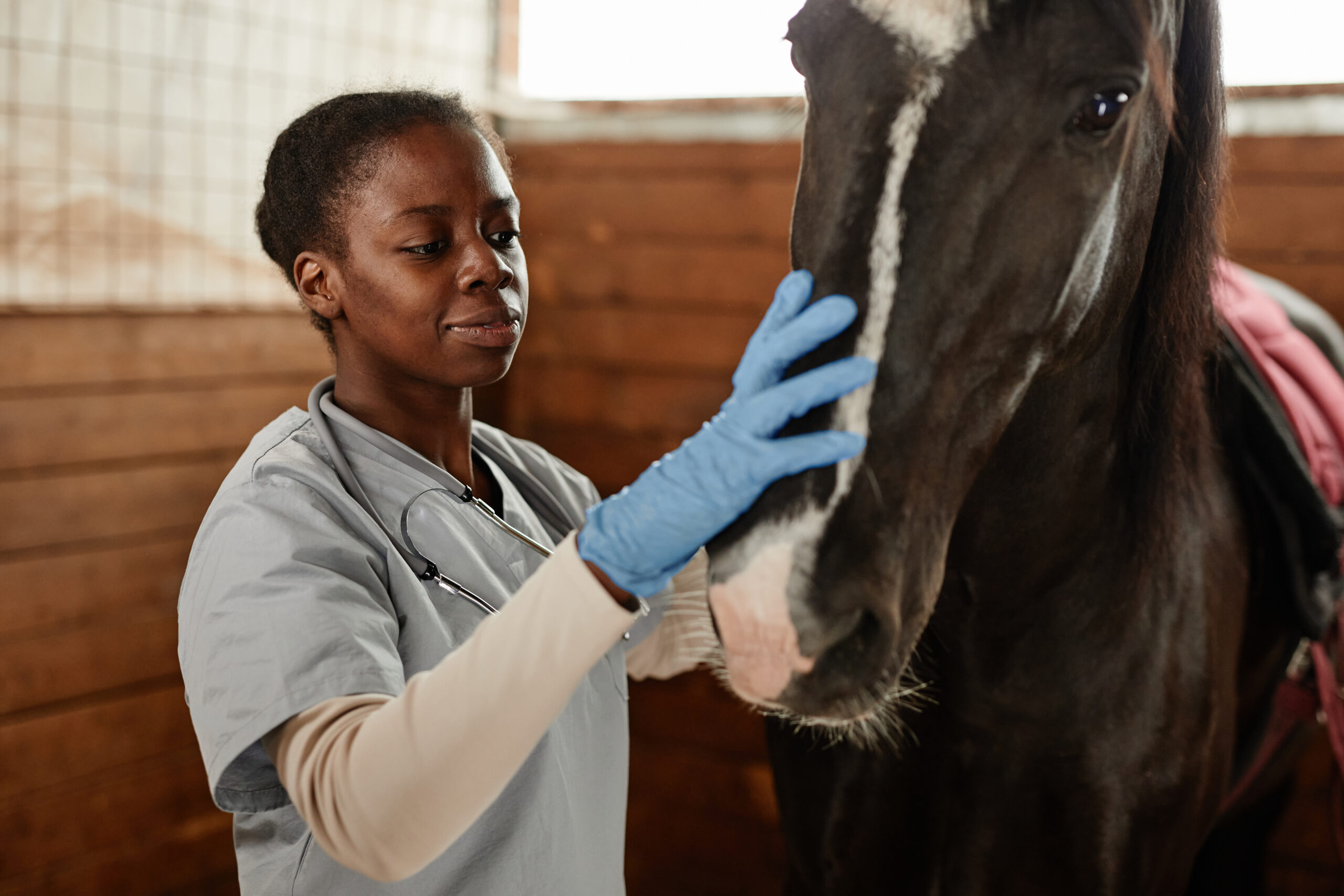First Aid for Horses: The Must Haves
As a responsible horse owner, you must be prepared for emergencies. A kit with first aid for horses gives you the supplies you need for minor injuries. If you have a small cut, swelling, or colic symptoms, first aid supplies for horses are important. It helps stabilize your horse until a vet arrives.
Why Every Horse Owner Needs First Aid for Horses
Horses are prone to injuries, from minor scrapes to more serious wounds. Quick action can prevent complications and support a faster recovery.
A good equine first aid kit is important for dealing with surprises. This is true at the barn, in the trailer, on the trail, or during competitions. Being prepared with first aid essentials for horses allows you to manage injuries effectively while waiting for professional help.
First Aid for Horses: The Essentials
A functional horse first aid kit should have many supplies. These supplies help with wounds, swelling, pain, and emergencies. Here’s what every horse owner should have for first aid essentials for horses:
1. Wound Care Supplies
- Sterile gauze pads and bandages
- Vet wrap and adhesive tape
- Antiseptic solution (such as Betadine or Chlorhexidine)
- Wound ointment or spray
- Scissors and bandage cutters
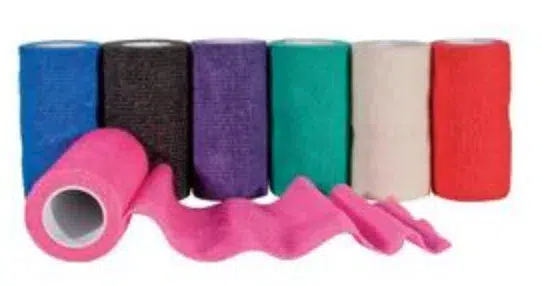
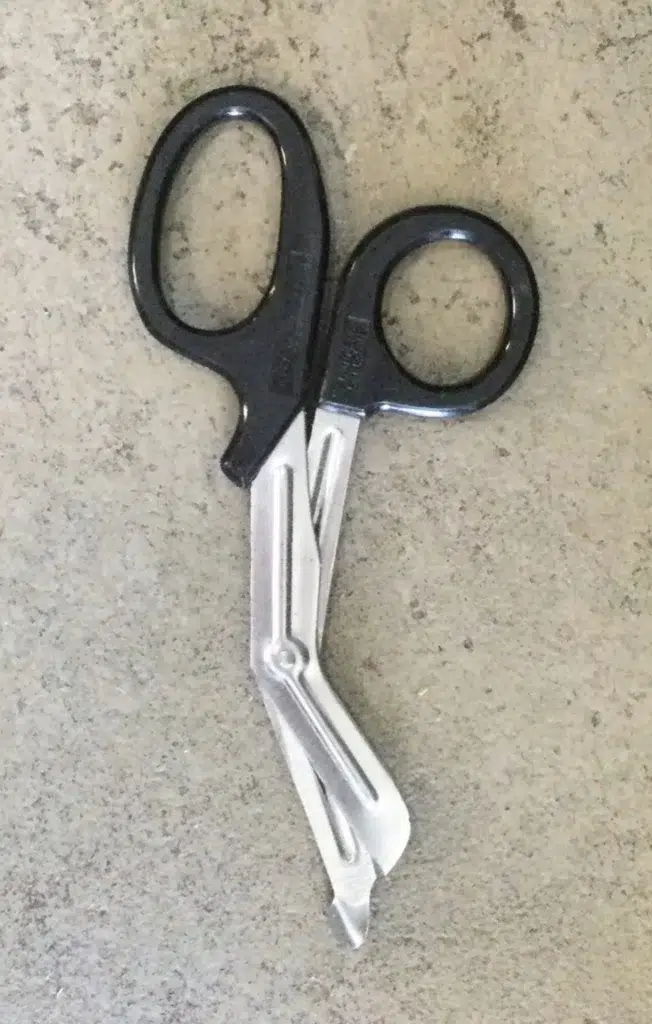
2. Emergency Tools
- Digital thermometer
- Stethoscope
- Hoof pick
- Tweezers
- Latex or nitrile gloves
- Bandage Scissors
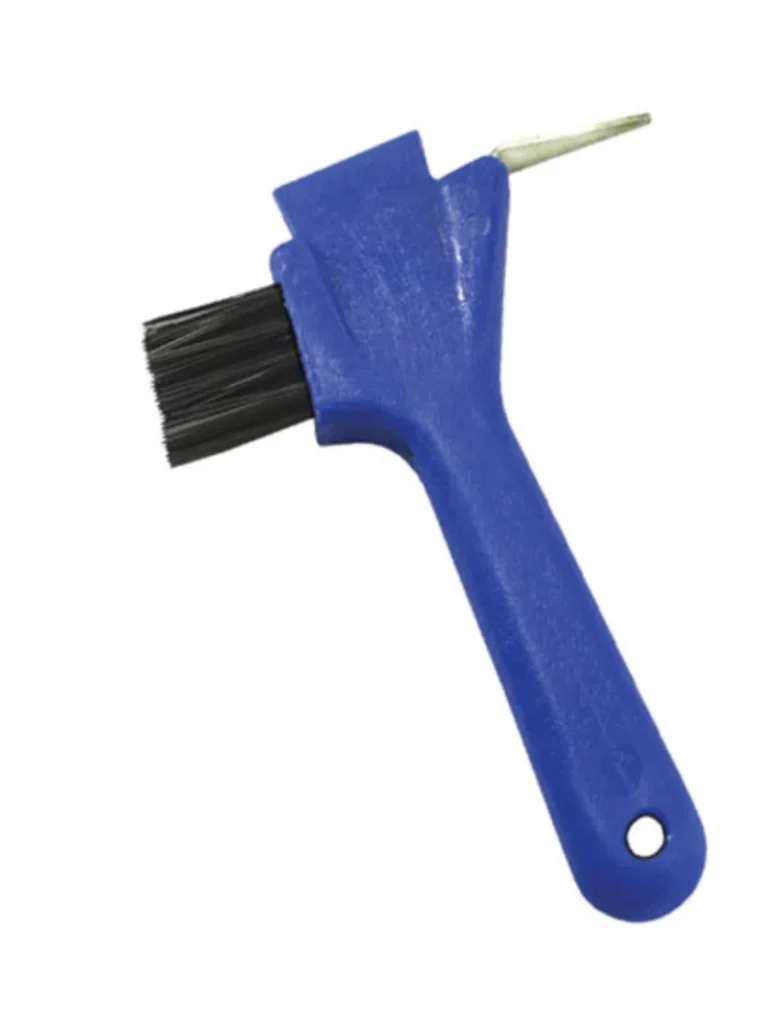
3. Medications and Treatments
- Antihistamines for allergic reactions
- Electrolytes for dehydration
- Activated charcoal (for toxin exposure)
- Pain relievers (as prescribed by your vet)
- Topical anti-inflammatory gel

4. Cooling and Soothing Items
- Cold packs or instant ice packs
- Epsom salts for soaking hooves
- Liniment for sore muscles
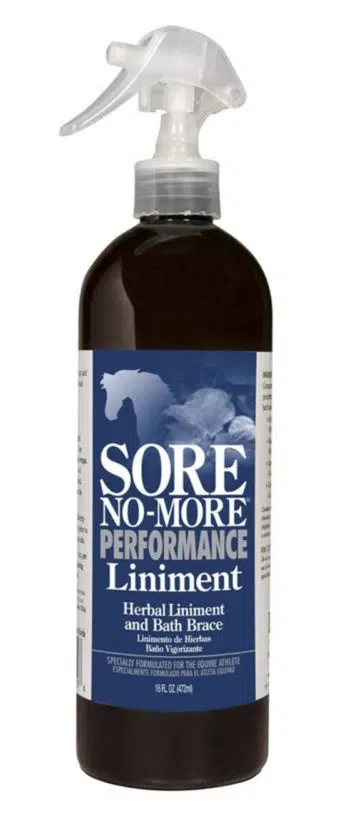
5. Identification and Records
- Emergency contact list (vet, farrier, emergency transport)
- Medical history and vaccination records
- Notebook to track symptoms and treatments
How to Store and Maintain First Aid for Horses
First aid for horses should be stored in a clean, waterproof, and durable container to protect them from dust, moisture, and contamination. This ensures that bandages, medications, and other essential items remain in good condition and are ready for use when needed.
Keeping your first aid kit in a clearly labeled, easily accessible location is crucial so you can act quickly in an emergency. Consider maintaining multiple kits—one in the barn for everyday use and another in your trailer for travel emergencies, trail rides, or competitions. This ensures you’re prepared no matter where you and your horse go.
Regular maintenance of your first aid kit is just as important as having one. Check expiration dates on medications, ointments, and antiseptics at least every few months, replacing any that have expired or deteriorated. Inspect bandages, gauze, and wraps to ensure they are clean and undamaged. Additionally, review the contents periodically to ensure they meet your horse’s specific needs, including any prescription medications or specialized supplies recommended by your veterinarian.
Taking the time to organize and maintain your first aid for horses ensures you’re always ready to handle unexpected injuries or health issues with confidence and efficiency. A well-prepared kit can make all the difference in providing immediate care and preventing minor injuries from becoming major problems.
When to Call the Vet
While having first aid for horses kit on hand helps manage minor injuries, some situations require immediate veterinary attention. Call your vet if your horse has:
- Excessive bleeding or deep wounds
- Lameness or severe swelling
- Colic symptoms (rolling, sweating, lack of gut sounds)
- Difficulty breathing or signs of distress
- Suspected poisoning or toxin exposure
First Aid for Horses is Essential
Having a well-stocked equine first aid kit is essential for every horse owner, as emergencies can arise at any time, whether at the barn, in the pasture, or on the road. Quick access to essential supplies can make a significant difference in stabilizing injuries, preventing complications, and providing comfort to your horse while waiting for professional veterinary care.
From minor cuts and scrapes to more serious injuries such as colic episodes, lameness, or wounds, having the right tools on hand allows you to act swiftly and confidently. A properly equipped kit should include bandages, wound dressings, antiseptics, thermometers, hoof picks, and any necessary medications prescribed by your vet. Being prepared not only ensures your horse’s safety and well-being but also gives you peace of mind, knowing you can respond effectively in any situation.
Don’t wait for an emergency—stock your equine first aid kit today and be ready for whatever comes your way.

